with Simon Darnley
More stories from the community
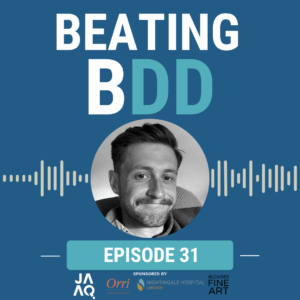
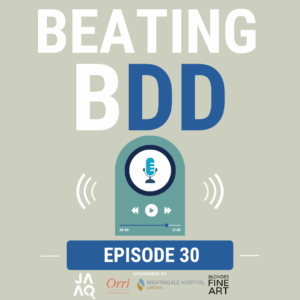
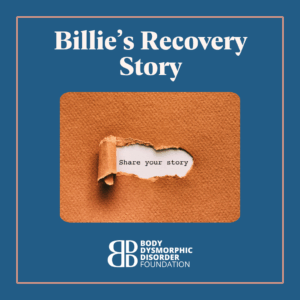
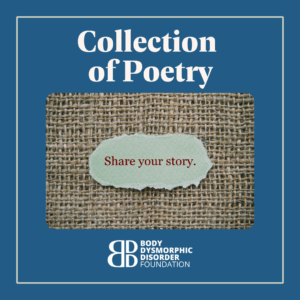
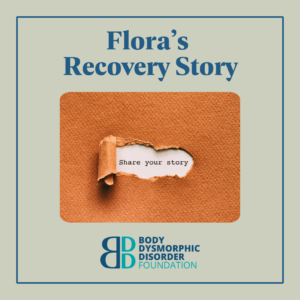
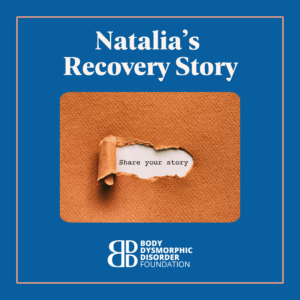
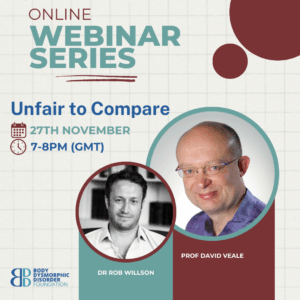
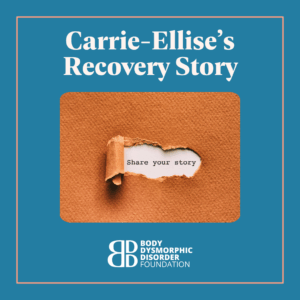
































































Hi, my name is Felipe and I used to suffer from BDD and Depression. I don’t know how it started but I think it was at some point when I was between 13 and 15 years old. In my case I felt I had a problem with my speech. I couldn’t explain it to doctors; I knew I didn’t have a stutter or anything and there were times when I spoke normally – mainly when I was with my family. So my problem must be psychological.
“My parents thought it was just their teenage kid going through an undefined crisis”
I struggled on my own for about 6 years, and during this time I got low grades, had almost no social life, lacked the will to do anything, and didn’t attend school very often. In fact the only positive thing I can say about this period is that, while I stayed home, almost all my free time I spent reading, which is a good habit I still have. My parents thought it was just their teenage kid going through an undefined crisis or something, but didn’t think it was very important. Not even when their son remained in the car when they went out, remained in the hotel when they went travelling abroad, and had no social life.
One thing that helped me was Buddhism, and meditation. When I started doing meditation it hit me like a rock that life was very short, and I had to live it no matter what. So, still under the effects of BDD I started making the effort to go out, use the bus and underground, even though I still thought everyone was looking at me for being so utterly hideous and different from other people. Eventually I sought psychiatric help, and went on to have regular therapy. It’s helped me a lot. I’m taking an antidepressant, and it helps too. Knowing that there is an illness with the very symptoms you have is the first step to recovery, I think.
Thank you.








My name is Nicole and I am 20 years old. I was diagnosed with BDD a little over a year ago and have spent my time since then trying to learn about this disorder. When I was first told I had it I felt relieved that there was a name for what was wrong with me, but I also felt sad because there was definitely something wrong with me. I remember when I was only nine years old I thought about cutting off my nose because it was too big. I was already tired of the snide remarks from friends and even strangers about how big it was.
“On school picture days I would come home bawling because I knew that my nose would be posted everywhere”
When I was in junior high, my self-esteem issues went far beyond the average teenager angst. I couldn’t bear to look in a mirror or have my picture taken. On school picture days I would come home bawling, because I knew that my nose would be posted everywhere. I wore a windbreaker with long sleeves so I could use the sleeve to cover up my face. It made me feel better. In high school I discovered my knack for humour. I made fun of myself before anyone else could get to me first. Deep inside the demon was ready to come bursting out. I suffered from anorexia for years, as well as addiction to painkillers.
After I was diagnosed with BDD, along with panic disorder, I was put on an anti-depressant that has saved me. No, it doesn’t take away the thoughts about my nose or body; no, it doesn’t give me hallucinations that I am a supermodel. It helps me to think clearly, and not dwell on my ‘physical problems’. I know that no matter how many times people might tell someone with BDD that you are beautiful, you still won’t believe it. And what if you were absolutely the most gorgeous woman on the inside? Doesn’t that matter too? That’s what I try to tell myself each and every day. It’s sort of my mantra now. I’ve noticed that, once I stopped openly complaining about the way I looked, I began to receive more positive vibes from people. I am still not ready to be photographed, but hopefully with time and my therapy I will make that giant step!







